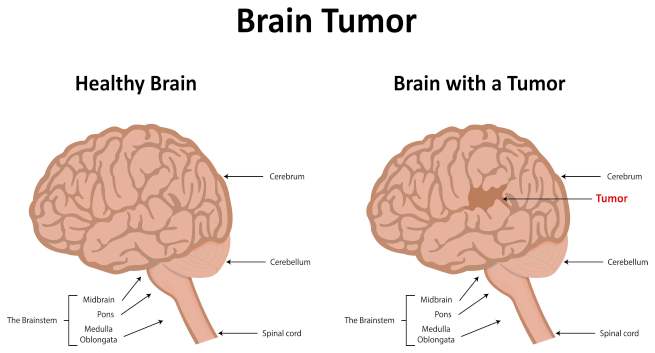
The following medicines may be used for treating adults with hiccups (for ren, specialist advice is recommended): Chlorpromazine and haloperidol are medicines which can relax the diaphragm muscle or its nerve supply and may stop persistent hiccups.
Many conditions can cause this irritation and result in hiccups, including eating too fast and swallowing air, chewing gum, smoking, eating or drinking too much, strokes, brain tumors, damage to the vagus or phrenic nerve, some medications, noxious fumes, anxiety and stress, and in babies, hiccups may be associated with crying, coughing, or gastroesophageal reflux .
Hiccups are known by the medical community as synchronous diaphragmatic flutter, which essentially means that there is a regular and involuntary of the diaphragm. This happens at the same time as the larynx contracts, meaning that air intake is briefly blocked.
As in adults, hiccups in newborns, infants, and babies are common and generally of no concern. If hiccups occur during feeding, stop feeding until the hiccups go away. If hiccups occur during feeding, stop feeding until the hiccups go away.

How can the answer be improved?




Drugs used to treat such disorders as barbiturates, steroids and tranquilizers can also cause hiccups. Brain disorders, including a tumor, encephalitis, stroke or a brain injury, can disrupt nerve signals to the diaphragm, causing long-term hiccups.


Hiccups are repetitive, uncontrollable contractions of the diaphragm muscle. Your diaphragm is the muscle just below your lungs. It marks the boundary between your chest and abdomen.
Hiccups occur in every one ranging from babies to adults and affect males more than females. A full stomach or swallowing of air while eating too quickly produces hiccups . Generally they are not a concern if bouts of it occur for a short period of time.
Hiccups are usually temporary, but in rare cases, they can stick around — for a while. It’s usually because of damage or aggravation to the nerves connected to the diaphragm.
Hiccups that last more than 48 hours may be caused by a variety of factors, which can be grouped into the following categories. Nerve damage or irritation A cause of long-term hiccups is damage to or irritation of the vagus nerves or phrenic nerves, which serve the diaphragm muscle.

